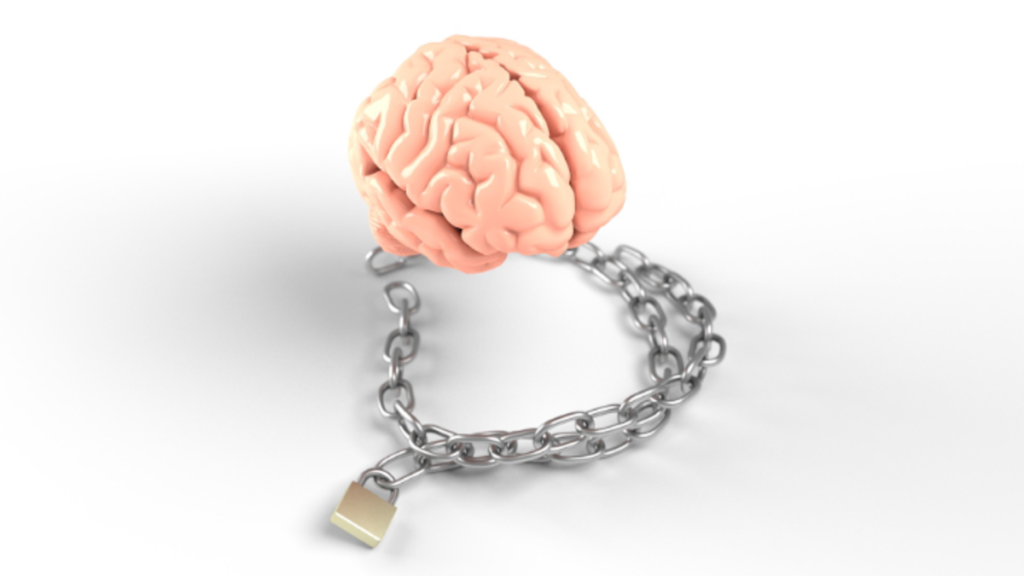One way of improving staff wellbeing is to help staff help themselves. With many members of your team working from home, this is also an opportunity for them to learn new techniques, up-skill and avoid thinking traps.
Introducing them to thinking traps and how they might avoid leading themselves in unhelpful ways could provide useful support.
Your Senses

Our five senses take in much more than our brain can process at any given time and we often take mental shortcuts to help make sense of things.
These are automatic and unconscious and mean we find it hard to avoid thinking traps, which can undermine our personal wellbeing.
Cognitive science has shown we have a strong bias when processing information. We tend to use existing information that support our beliefs and filter out information that doesn’t. We regularly draw conclusions with less information than we need.
As a result we are often less effective than we could be. We need accurate and flexible thinking to effectively deal with stress (and adversity) and avoid these traps.
Avoid thinking traps – these are common ones
- Jumping to conclusions – making assumptions about people and/or situations with little or no evidence to support them. Before reaching any conclusions make sure you have facts to support you.
- Personalising – assuming blame for problems and situations for which you are not primarily responsible, leading to a loss of self-worth, feelings of sadness or guilt. Even where you do make a mistake, the important part is to learn from it and use the experience to improve future performance.
- Externalising – blaming others for situations they are not primarily responsible for, which can cause anger and relationship problems. Even if someone else has made a mistake, they are unlikely to have done it deliberately. Learn to forgive and coach them on what they could do differently.
- Mind-reading – assuming we know what others are thinking without checking. Or we expect them to know what we are thinking without telling them. An example might be we walk into a room and it goes quiet so we think they were talking about us. This Involves assumptions about blame and is at the heart of relationship breakdowns and trust issues.
- Emotional reasoning – making a false conclusion about an experience based on how we feel, rather than the facts. So we may feel relieved after a performance management conversation and as a result assume by talking about it the problem has been resolved (when it hasn’t). This can lead to incorrect expectations about what we or others should do. It can lead to feelings of inadequacy or being miserable, and to labelling or stereotyping of others.
- Overgeneralising – making sweeping judgements about someone or situations, often based on single experiences. This can lead to a harsh view of ourselves or others and to people being judgmental.
- Magnifying / Minimising – over emphasising and / or shrinking the importance of aspects of a situation, which can lead to overwhelm and self-deception.
- Catastrophising – assuming something bad will happen or exaggerate how bad a situation will be. This is often linked with a number of negative traps, e.g. magnifying / minimising and overgeneralising. For example, when we don’t get the promotion we apply for, we begin to imagine the worst case scenario: The fact that I didn’t get a promotion means that my line manager doesn’t like me. And that means that I’ll never get promoted at work. And that means I’ll be stuck at the bottom of the pay scale. And that means I’ll never get my own apartment. And that means I’ll always have to live with my family. And that means…

The above is a list of the more common thinking traps that people fall into. Do you recognise any of them?
Learn to manage your thinking, no matter the number or scale of the challenges you face. When you face adversity check against and avoid these traps to improve how you feel, your behaviours and performance. Help to improve it for your team members too.
